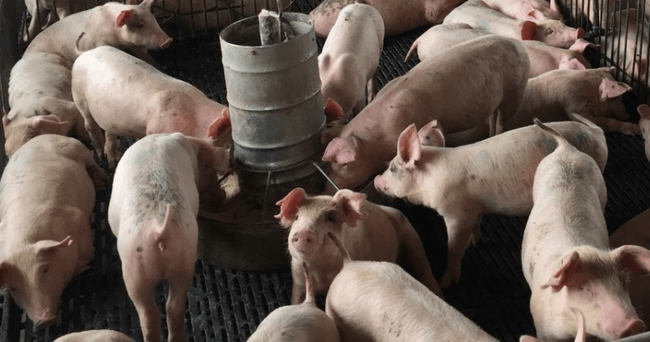The Employers' Association of Labor Importers in Romania draws attention to the urgent need for legislative reform in the field of recruitment and integration of foreign workers on the labor market in the conditions in which, currently, hundreds of companies operate in this sector.
According to a press release from the organization, in the absence of a well-regulated legal framework, there is a risk of dramatic situations, with consequences for both employers and employees coming from outside the European Union.
Under these conditions, the Employers' Association submitted to the authorities a new draft law aimed at protecting in a balanced way the rights of employers and foreign employees in Romania, but also at providing more predictability and stability to the labor market.
"The foreign labor recruitment market has evolved significantly in the last eight years, as a direct response to the growing needs of the Romanian economy. If in 2018 approximately 15,000 foreign workers were required per year, in 2019 the demand doubled to 30,000, and in 2020 it remained at the same level. The year 2021 brought a new increase, with 50,000 foreign workers per year, and from 2022 to the present, the contingent has reached 100,000 per year. This evolution demonstrates that Romanian employers have increasingly turned to non-EU personnel, to compensate for the lack of local human resources. However, in terms of visa processing capacity and documents, state institutions are at the upper limit of their capacity, namely 100,000 files per year," said the vice president of the Employers' Association of Labor Importers in Romania, Corina Constantin, in a statement.
She points out that long document processing times put employers in a position where they can no longer plan their activity in the short and medium term. Thus, while other European countries complete the visa procedure in a maximum of three months, Romania can even exceed 12 months, which discourages qualified labor from choosing our country.
Moreover, there are situations in which foreign employers and workers can be defrauded by agencies that seek quick profits and do not offer complete integration services, generating direct damage to both companies and people looking for a stable job.
"Major delays in processing files also generate direct losses for the state budget. The taxes and contributions that the Romanian state could collect from the start of these workers' activity are postponed by at least six months for each foreign employee. In other words, until a foreign worker is effectively integrated into the Romanian labor market, the state loses considerable amounts that could come from social contributions, taxes and payroll taxes," the cited document emphasizes.
In the context of the current economic crisis, which amplifies the unpredictability of business, the Employers' Association considers it vital that immigration legislation helps Romanian employers to be more flexible and adaptable. For example, foreign workers who could sooner or later be laid off should not become a burden on the unemployment fund for six months, until the change of employer is approved. They should be a resource available quickly and transparently to other employers, so that they can continue to actively contribute to the economy.
In this context, Corina Constantin emphasizes the need for specific accreditation for labor import agencies.
"Just as there are accreditation systems for labor export and personnel leasing, there is also a need for an accreditation dedicated to labor import. A clear legislative framework should include licensed agencies with expertise in human resources, social and legal assistance; the obligation of agencies to manage the entire employee journey, from recruitment and arrival in Romania to integration; as well as clear control and monitoring mechanisms to prevent abuses," she said.
An accreditation of labor import would bring benefits to both employees and employers, argues the PIFM vice-president. For foreign employees, the risk of exploitation, fraud or illegal stay would decrease significantly, thanks to correct information and support from accredited agencies, while, for employers, waiting times would be reduced, predictability would increase and candidates would be better prepared for the required jobs. At the same time, for state institutions, the volume of administrative work, the number of rejections and errors would decrease, and document verification would become more efficient, through direct collaboration with licensed agencies.
Through this initiative, the Employers' Association of Labor Importers in Romania requests the authorities to prioritize the adaptation of the legislative framework, in order to protect both employers and foreign employees, and to ensure sustainable development of the labor market in the coming years.
































Comentează